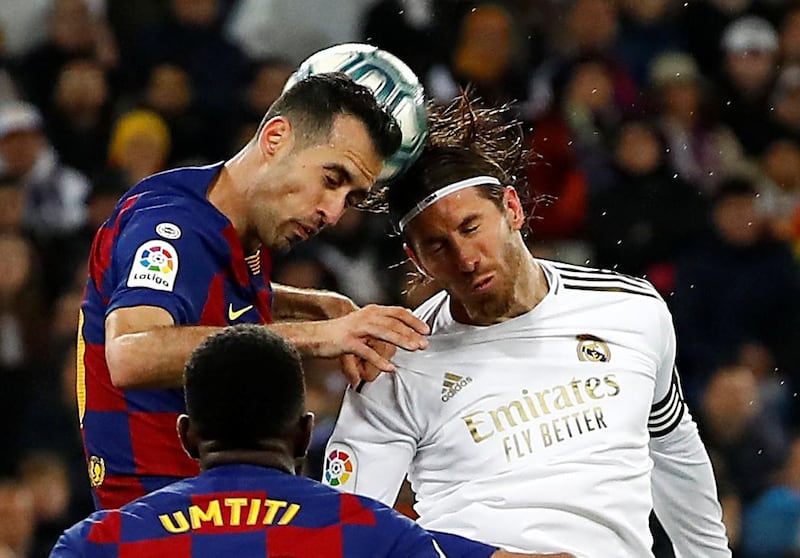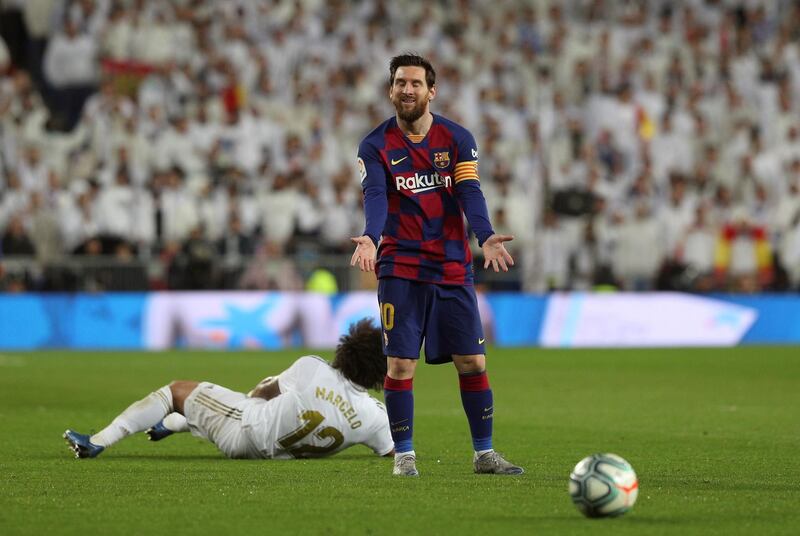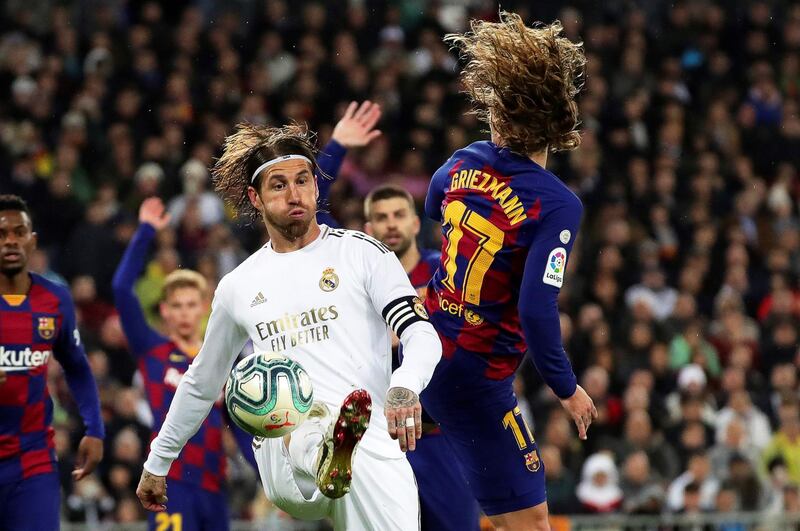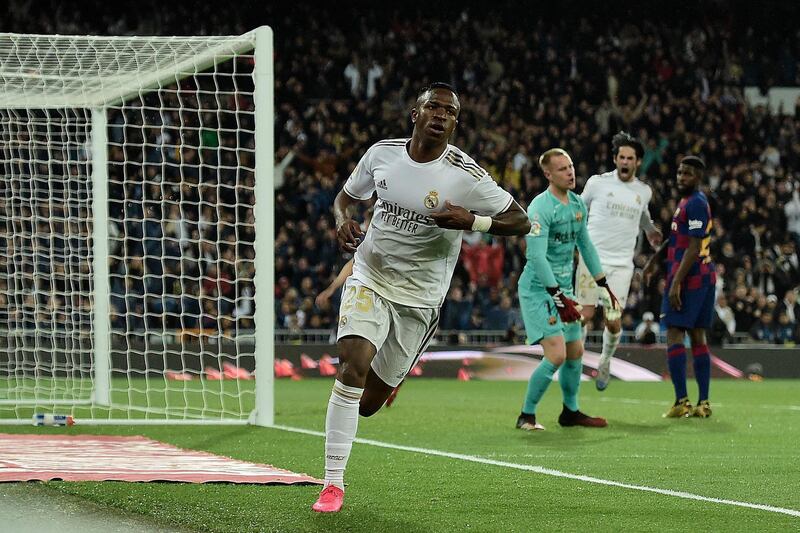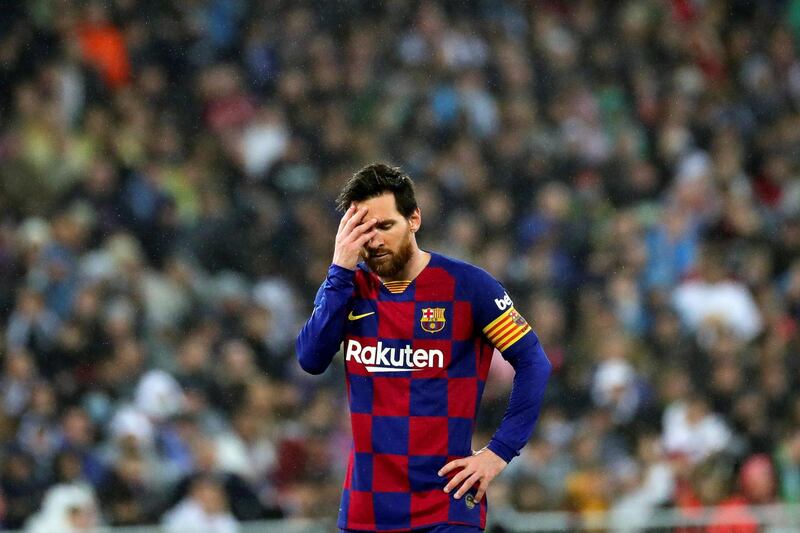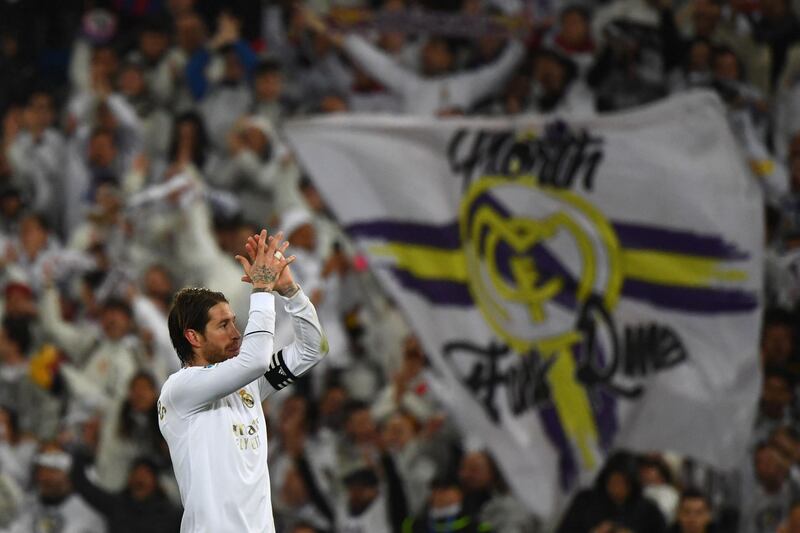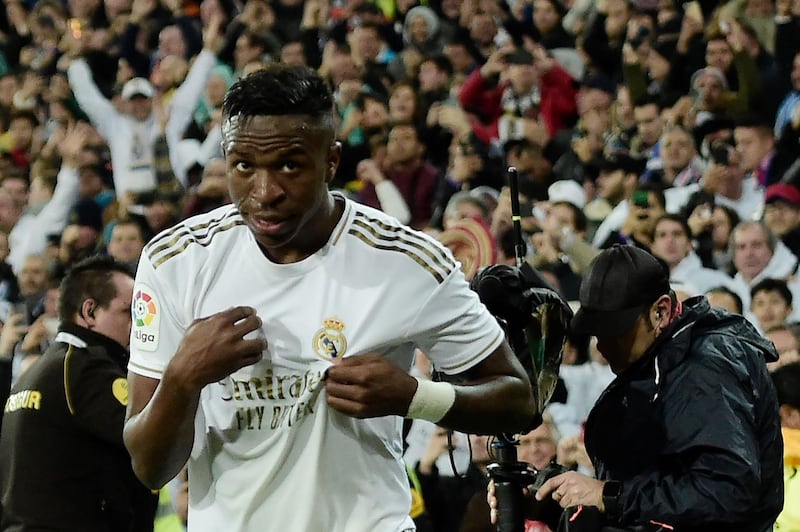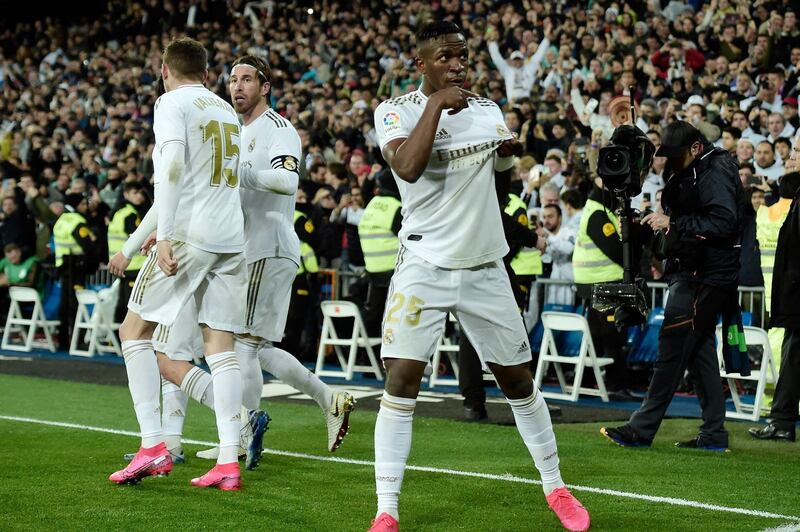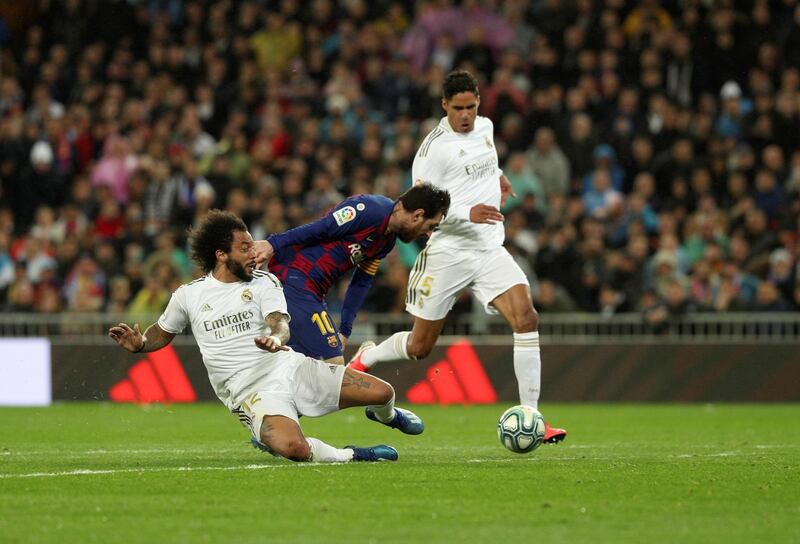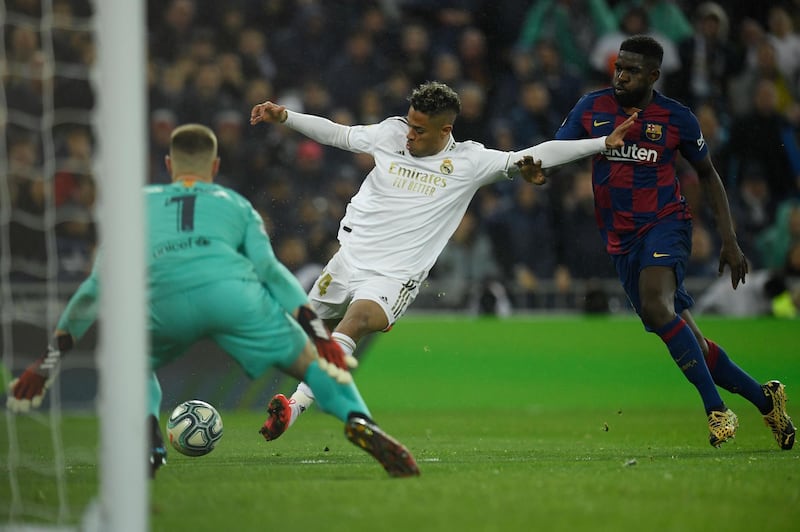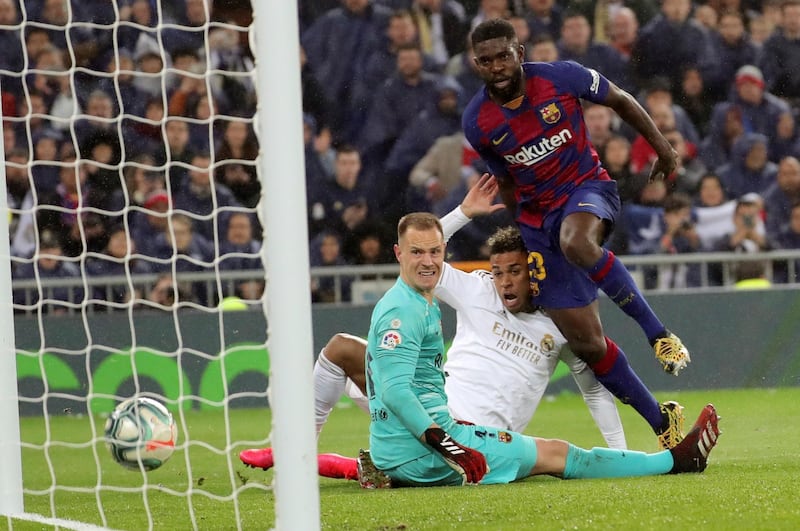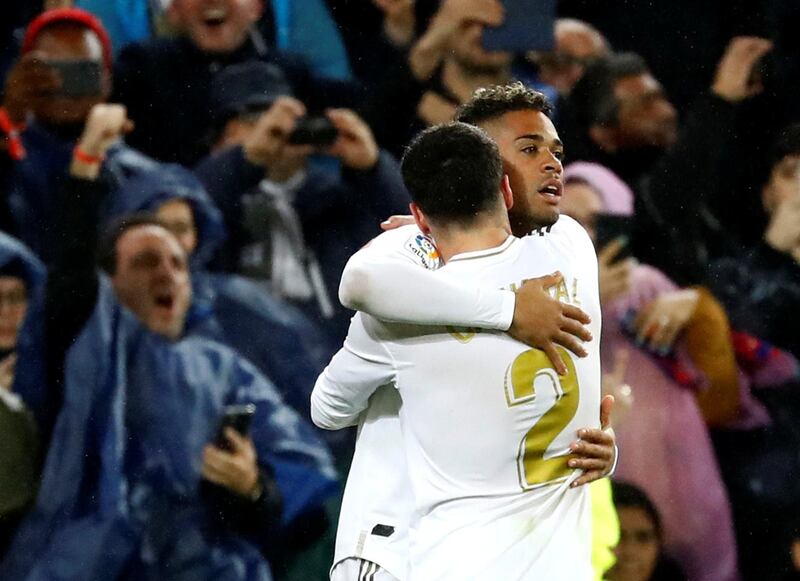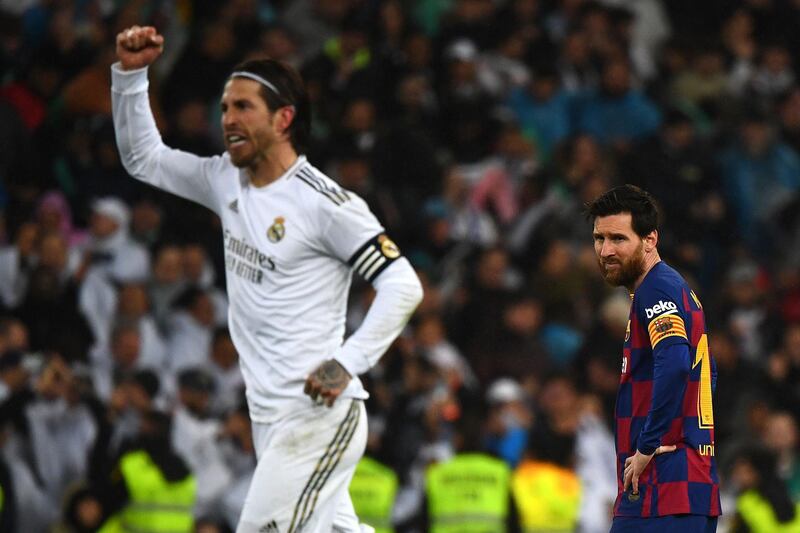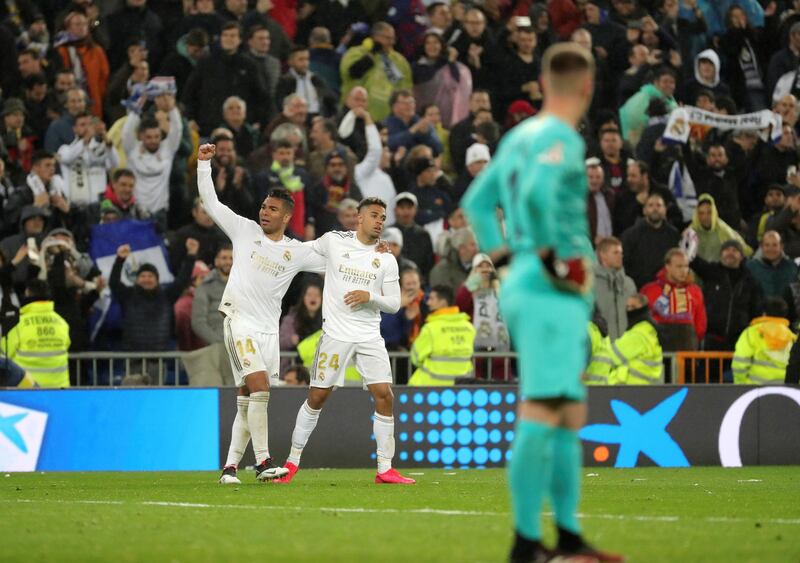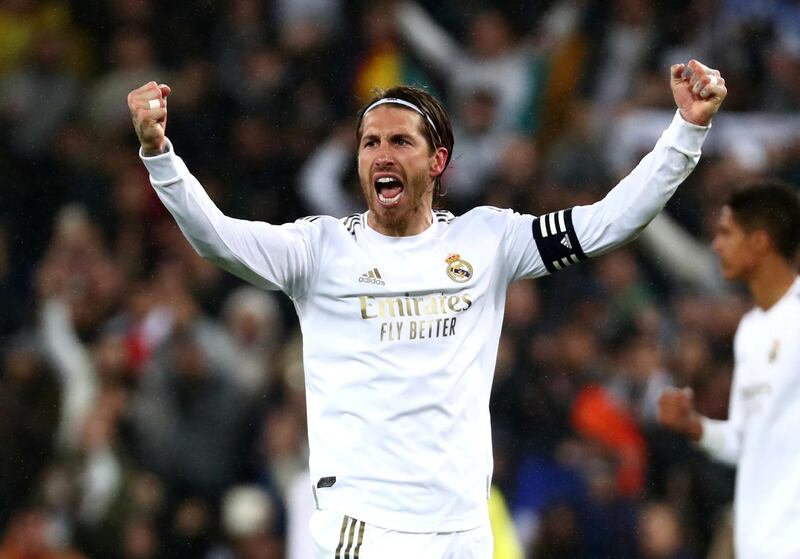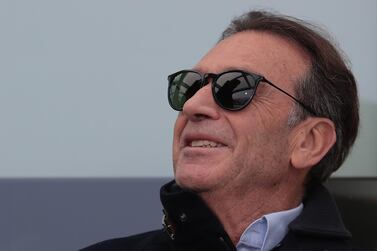The haste to have football back in millions of lives, or at least on television schedules for millions to enjoy, as the sport approaches a second month of Covid-19-enforced closedown is testing the ingenuity.
From the game’s summit, schedulers model imaginary timetables. In virtual offices, safe-practice scenarios for a return to full training are meanwhile drawn up, all with a serious puzzle to resolve: How to make a contact sport, played in teams, somehow respect the dominant code of these dangerous times - social distancing.
Clubs in La Liga, Spain’s professional body, were on Wednesday issued with rough-draft guidelines about how they might return to work safely whenever that becomes viable.
They had simultaneously heard Uefa, the European game’s governing body, announce the month of June has been cleared of international fixtures so that the interrupted club seasons can have priority, over the summer, to complete unfinished 2019/20 business.
But if football in May or June does begin to look realistic, with the various states of emergency that restrict most citizens to their homes perhaps lifting by then, going back to the workplace will still mean changing a lot of second-nature habits for players and coaches.
The protocol La Liga are designing sets out a tentative training schedule in three stages. Initially, it would feel lonely. Players would have to report back to their club training sites alone, one by one, to undergo individual training drills, in a form of isolation from teammates.
Tests for coronavirus would be obligatory for every member of playing staff, for everyone in each player’s household, and every member of coaching and support staff who were deemed necessary for the functioning of a training ground.
Only once those had read negative, would the players, coaches and specialists be allowed to enter the site.
Even then, they would have to wait before interacting with one another on anything like a normal basis.
Once diagnosed as free of infection, first-team squads would remain largely cut off from the rest of society, eating and in some cases sleeping in training-ground accommodation.
In a Spain which has endured almost three weeks under laws prohibiting people without essential jobs from leaving home except under specific circumstances, and where 10,000 people have died from Covid-19, less restrictive measures would risk ignoring the urgent public health conditions deemed vital to saving lives.
Some of those who govern football, a sport that has concentrated enormous wealth at its top end, are sensitive to a public perception that it sometimes seems to want live under different rules from the rest.
They are aware that an urgent anxiety, some of it driven by financial concerns, that football’s most popular and lucrative competitions should return as soon as possible, should not lose sight of graver, wider concerns.
Take the idea that all professionals should be tested for the virus before they contemplate sharing space with colleagues. It is sensible, but it also assumes certain privileges.
In a time when reliable testing kits are scarce, and in many countries unavailable to doctors, nurses and some hospital patients, these tests are a resource.
Last month the Spanish club Real Valladolid, whose president is the former Brazil star, Ronaldo, refused testing kits they had been issued by the league “for medical and social reasons.” The kits, they said, were far more needed by suffering citizens and medical staff working in hospitals.
Besides the ethical hurdles about rushing football back on to the calendar, there are the practical ones.
The draft La Liga protocol - similar scenarios are being worked on in various leagues - would have players working in groups only on a staggered, gradual basis.
No more than eight players at a time, the protocol recommends, as training builds up from personal fitness work to tactical drills.
Only in the final days before a possible first set of fixtures should a full first-team squad train together at the same time.
As for those first fixtures after the closedown, they are many weeks away. And the chances of them taking place, in the big European leagues, in front of crowds look very slender.
More and more national governments are currently advising against gatherings of more than two people, let alone of tens of thousands.
The head of the Italian Players’s Association, Damiano Tommasi, warned that, in an Italy that remains an epicentre of the virus, even the idea of a coach load of players travelling from one city to another carries risks.
“It is not just about returning to training,” he said. “It is about moving 50 people twice a week into what are now classed as ‘red-alert’ zones. It can only happen once the state of emergency is over, which is what we all hope for.”
